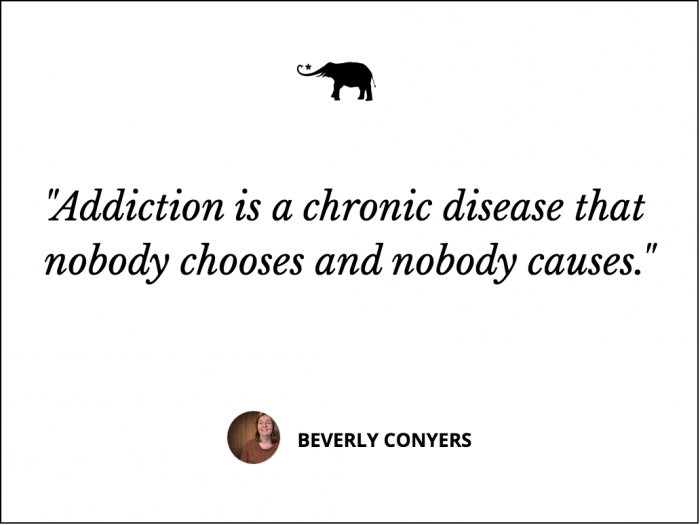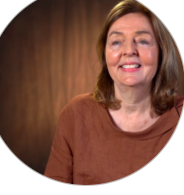View this post on Instagram
When Margie was little, she danced through the world with the sturdy fragility of a wild rose: pale hair flying, blue eyes shining, Cupid’s mouth curling into an impish pout or exuberant grin.
She was long of limb and moved with the spindly grace of a young colt as yet unaware of its marvelous symmetry.
She was an athlete and a dancer and a born entertainer. When she was eight, she stole the school talent show when she sang a tune from Gypsy, accompanied only by a pianist and a frolicking “cow” who belted out “moo moo moo moo” at irregular intervals.
She sparkled in dance recitals and theatrical skits and chorus performances and made family and friends laugh with her wry wit and boundless humor. She had a gift for mimicry, and with a few choice words and a roll of her eyes, she could make what was pretentious or hypocritical seem hilariously absurd.
When she was 18, she was the lead singer and songwriter in a local band. Her lyrics were haunting—dark laments of emptiness and despair. I went to a club one night to watch her perform. She stood on stage like a pale wraith, wearing a pink baby doll top and looking as insubstantial as the cigarette smoke that drifted lazily to the stained ceiling.
But the chattering voices around me stopped when she began to sing, for there was something hypnotic about the slender girl in the tepid spotlight. She was still blond, still graceful, but there was a new and haunting vulnerability about her, as if she might somehow crumble or disappear before our eyes. And there was heartbreak in her voice.
I was moved to tears by her performance and by something that caused me to quiver with alarm. For almost beyond the boundaries of my conscious awareness, I sensed that my daughter stood on the edge of a precipice. I didn’t know what was happening to her—denial prevented me from facing the truth for a very long time—but Margie had already begun her perilous descent into drug addiction.
She’d started experimenting with drugs when she was 15 and discovered that she liked them. From there, it seems, it was no leap at all for her to learn that life was tolerable only when there were drugs pumping through her veins: pot, LSD, alcohol, cocaine, and finally, by the time she was 21, heroin.
During those years, she dropped out of college, moved out of our house, rejected old friends, turned to prostitution, lost jobs, lost possessions, lost touch, lost the sparkle and laughter that had once defined her. She became anxious, volatile, suspicious, and withdrawn. And I began the painful process of facing my daughter’s addiction.
With the help of professional counseling and support groups, I discovered “detachment with love” and “one day at a time.” I learned about enabling and intervention and setting boundaries. I discovered that someone you love with your entire being can become a stranger, and that trust, the bedrock of any true relationship, can be broken.
I also learned about shame. There was shame in my daughter’s addiction, shame in the life she was leading, and worst of all, shame in my own failure as a mother. I blamed myself for what had befallen her and believed that had I been a better mother, I could have kept my child safe. I obsessed about all the mistakes I had made as a parent and was consumed by shame.
But shame is a toxic emotion. It shrivels our soul and stifles the possibility of genuine connection.
Shame makes us believe that we’re unworthy of love or happiness or peace of mind, and so we build walls to protect ourselves. In my daughter’s case, shame prolonged her addiction, because what’s the point of getting clean if you believe you don’t deserve a better life?
For me, shame kept me stuck in an unhealthy pattern of guilt-based parenting and crippling self-blame. It took a long time for me to realize that as much as I longed to help my daughter, I could be of no real help until I let go of my shame. That required me to accept a fundamental truth: whatever my shortcomings (after all, no mother is “perfect”), I did not cause her addiction.
Addiction is a chronic disease that nobody chooses and nobody causes. It’s the result of psychoactive chemicals that change the way the brain functions. Research suggests that some people are more susceptible than others to these chemicals (which explains why not everyone who uses pot or alcohol goes on to become a heroin addict or alcoholic). With repeated use, physical and chemical changes take place that impair perception, decision-making, and self-control. Just as any disease is a disruption of normal functioning, addiction is a disease of the brain.
When we fully understand and accept that addiction is an illness—just as diabetes, schizophrenia, and bipolar disorder are illnesses—we can start to let go of the shame that surrounds it. We can begin to see ourselves and our addicted loved ones in a clearer, more generous light.
And we can find the strength to confront the challenges of addiction with courage, honesty, clarity, and compassion.
~







Read 2 comments and reply